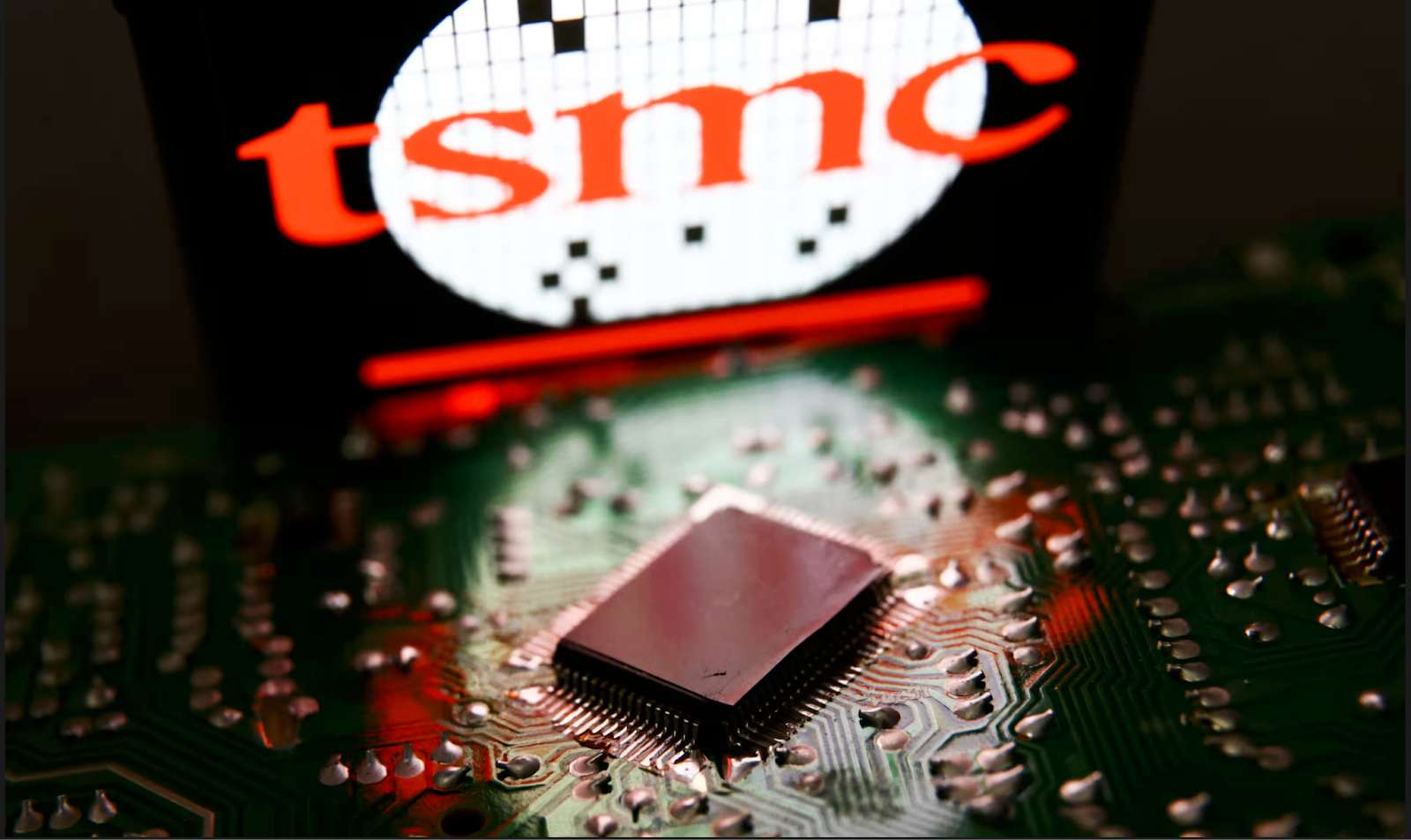TSMC’s Tightrope: Navigating Silicon Supremacy amid U.S.-China Rivalry
TSMC is the biggest supplier of the world’s advanced semiconductors and contributes to 15% of Taiwan’s GDP (Photo:Jakub Porzycki)
Taiwan Semiconductor Manufacturing Company (TSMC), responsible for producing over 90% of the world’s most advanced semiconductors, remains central to the geopolitics of technology. These chips power everything from smartphones and car consoles to the latest AI systems, and Taiwan is frequently referred to as the “silicon shield,” emphasizing its crucial role in the global semiconductor supply chain. Thus, the U.S. and other allies are incentivized to defend Taiwan against security threats from China that could disrupt this vital tech infrastructure.
As a continuation of economic nationalism and policy to reshore manufacturing, President Donald Trump has pledged to impose a 25% import tax on critical industries including semiconductors. On March 3, TSMC CEO C.C. Wei appeared alongside Trump to announce a major expansion of the company’s investment in the U.S which would strategically shield the company from future tariff pressure. The firm pledged an additional $100 billion, on top of its existing $65 billion commitment from the CHIPS Act, aimed at expanding chip fabrication, packaging, and R&D facilities in Arizona.
However, the announcement sparked controversy back home. Under Taiwanese law, outbound investments over NT$50 billion (roughly $1.5 billion) require prior government approval—a step TSMC had reportedly not yet taken. President Lai Ching-te stated the government would review the deal “with national interest in mind,” suggesting that the firm’s global expansion plans may face more scrutiny. Kuomintang (KMT) legislator Ko Chih-en warned that increasing U.S.-based production could dilute Taiwan’s geopolitical value, stating, “[t]he more TSMC produces in the U.S., the lower Taiwan’s geopolitical importance will be…and the less incentive the U.S. will have to help Taiwan in the future.”
In a carefully timed countermove, TSMC held a ceremony on March 31 for its new fabrication plant in Kaohsiung, reaffirming its commitment to domestic operations. The $45.2 billion facility, known as Fab 22, will house mass production of TSMC’s latest 2-nanometer (2nm) chips. It will operate alongside existing 2nm production hubs in Baoshan and Kaohsiung, and is expected to become a major source of high-value employment, generating around 7,000 technical jobs.
The 2nm process represents a major technological leap: it offers a 10%–15% speed boost at the same power consumption or a 25%–30% reduction in power at the same speed, compared to the company’s previous N3E process. Reports indicate TSMC will begin accepting customer orders for 2nm chips from April 1, with full-scale production expected later this year. Apple is widely speculated to be the first major customer, likely incorporating the chips into its A20 processors for the iPhone 18 series, due in late 2026. TSMC estimates that within five years, products worth $2 trillion will incorporate its 2nm technology.
The U.S. has strong interest in the production of 2nm chips on U.S. soil, but the technology will not be transferred out of Taiwan with the most recent $100 billion investment. According to Taiwan's Minister of Economic Affairs J.W. Kuo, TSMC cannot legally manufacture its most advanced chips outside of Taiwan, and he said “although TSMC plans to make 2-nanometer chips [abroad] in the future, its core technology will stay in Taiwan." Taiwanese officials claimed in November 2024 that 2nm production would begin in the U.S. starting from about 2028.
TSMC also finds itself in the crossfire of a broader geopolitical contest over semiconductor talent and intellectual property. In November 2024, the company halted some chip shipments to Chinese customers as the U.S. tightened export restrictions targeting AI and high-performance computing. In late March, Taiwan’s Ministry of Justice Investigation Bureau accused China’s largest chipmaker, Semiconductor Manufacturing International Corporation (SMIC), of covertly poaching Taiwanese engineers. Authorities allege that SMIC operated a secret subsidiary in Taiwan through a shell company registered in Samoa to evade local regulations. The firm is believed to have targeted experienced talent in an effort to accelerate China’s domestic chip production capabilities—a top priority for Beijing amid increasing U.S. export controls. For TSMC, safeguarding intellectual property and retaining engineering talent have become as crucial as managing physical supply chains.

